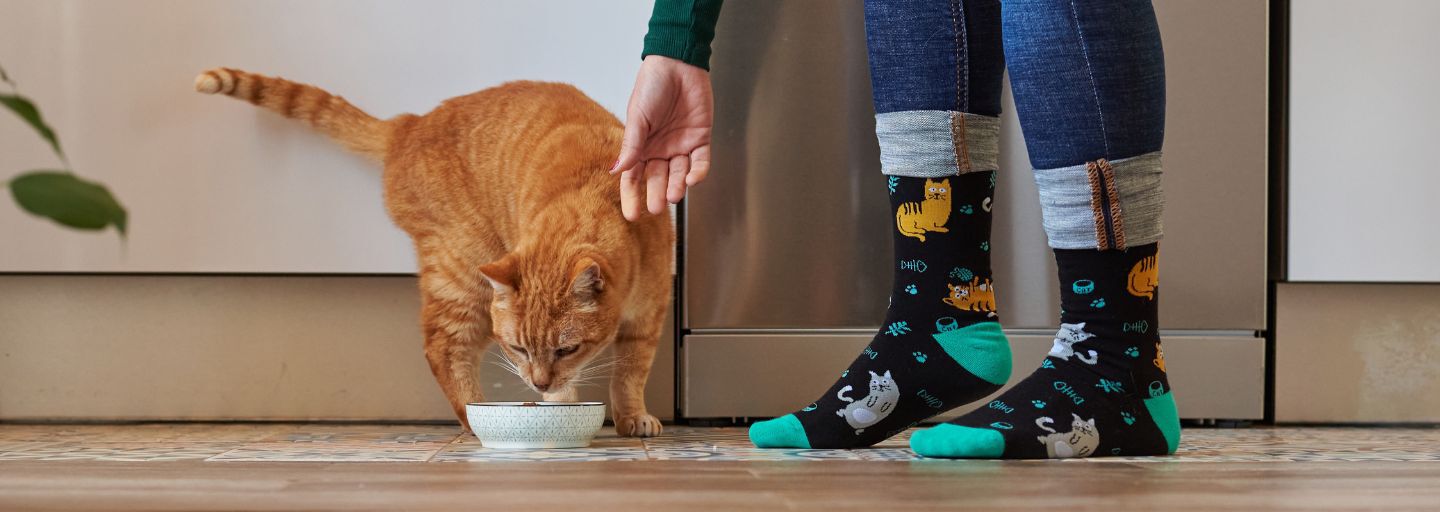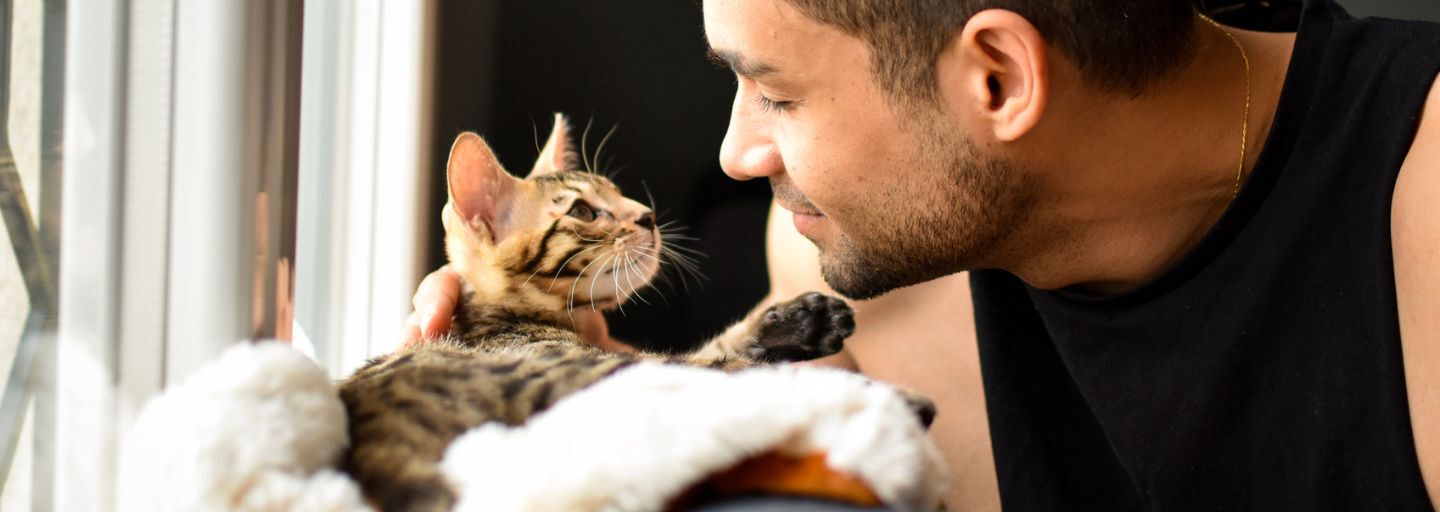Bringing an adult cat into your home can be an excellent choice, especially if you prefer a pet that requires less time and energy than an energetic kitten. Adult cats already have established personalities, making it easier for you to select one that aligns with your lifestyle and needs.
Choosing an Adult Cat
Many people opt to adopt adult cats, and while you can find various pedigreed cats from breeders, animal shelters like the Animal Welfare League Australia offer a wide range of cats for adoption. Some shelters may request a donation to support their care for the animals they take in. Most centers take measures to desex, vaccinate, and microchip cats for identification before making them available for adoption. If these procedures haven't been done, they will likely require you to do so as a condition of adoption.
It's important to remember that many cats end up in animal welfare and rescue centers due to various reasons. The staff at these centers usually have a good understanding of the cats' nature and background, which can help you find the right companion.
Consider Your Lifestyle and Environment
Before bringing any cat into your home, take some time to consider your lifestyle and the environment in which you expect your cat to live.
What do you want from a cat?
Living with pets can have positive effects on our physical and emotional well-being, providing love and companionship, especially for those living alone. If you have a strong desire to nurture your new pet, choose a cat that enjoys human interaction and affection, such as one that would appreciate sitting on your lap for a fuss. For example, a cat that requires regular medical attention or a long-haired breed that needs frequent grooming might be suitable. On the other hand, an independent ex-feral cat that prefers outdoor activities and hunting rodents, only returning home for meals, may not fulfill your specific needs.
What type of environment do you live in?
Consider your living situation. Do you reside on a main road or in a block of flats? If so, an indoor cat would be more suitable. Alternatively, if you live in a rural area, a free-ranging cat or a tamed ex-feral might be a better fit. This will help determine the type of adult cat that would thrive in your environment. For instance, cats accustomed to indoor living may feel insecure with an unlocked cat flap and may choose not to venture outside, even if given the opportunity.
How much time do you have?
Our busy lifestyles often result in longer hours away from home. Cats can generally adapt to this independent lifestyle, especially if they have access to the outdoors. However, most cats would appreciate the company of another cat to play with while you are away. Consider adopting two cats simultaneously, preferably ones that already know and get along with each other. It's best to provide feline companionship for indoor cats rather than expecting them to be alone at home most of the time.
Do you have other pets at home?
While domestic cats are often perceived as solitary animals due to their hunting behavior, they can form strong social relationships with other cats, as well as with people and even dogs! If you already have a dog or plan to get one, consider adopting a cat that has a history of living happily with dogs.
Can you afford a cat?
Ensure you consider the full costs of cat ownership, including food, routine veterinary treatments such as vaccinations, worming, and annual check-ups, as well as insurance. Boarding cattery fees should also be taken into account if you plan to go away. Additionally, you will need to regularly replace items such as food bowls, beds, litter trays, grooming equipment, and toys.
Once you have established that you can provide for and afford a cat, the exciting process of choosing a cat and bringing it home can begin!





